Reentry Cash Assistance

Reentry Cash Assistance
Jennifer’s Story: Coming Home Without Income Support
When Jennifer was released from prison in Michigan at age 38, she came home without financial support, carrying grief, stigma, and the immediate pressure to survive. Jennifer was born and raised in Michigan, the oldest of three children. Her childhood was shaped by instability.
Read the story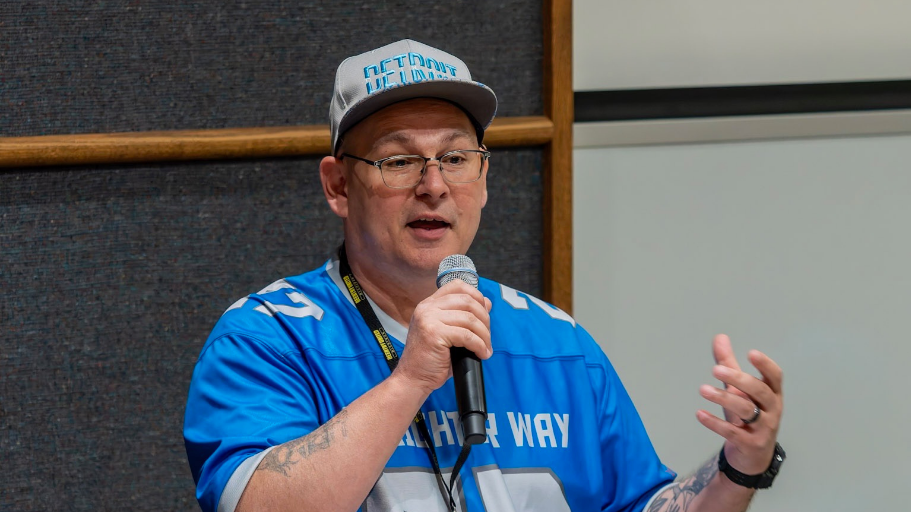
Reentry Cash Assistance
Adam’s Story: How Income Support at Release Made All the Difference
When Adam walked out of prison on January 8, 2020, he was returning to a world that looked very different from the one he left. He was 49 years old, coming home to Michigan with determination, preparation, and one critical thing many people leaving prison do not have: ability to meet basic needs.
Read the story
Reentry Cash Assistance
“It Was More Than Just Money”: Kayla’s Reentry Cash Assistance Story
Kayla, a young woman from Compton, California, received reentry cash assistance at a critical turning point. Kayla’s early years were shaped by hardship. She experienced frequent encounters with the law and struggled with homelessness. But after her last stint in jail in 2016, she decided to turn her life around.
Read the story
Reentry Cash Assistance
Beyond the Numbers: Karen’s Story Shows Why Reentry Cash Assistance Works
In 2024, the California Workforce Development Board (CWDB) launched the Helping Justice-Involved Reenter Employment (HIRE) initiative, a $50 million investment in nonprofit-led employment services for people returning from incarceration. The Center for Employment Opportunities (CEO) and its statewide reentry partners were awarded $6.9 million, $2 million of which was set aside for direct cash assistance to help participants cover immediate needs like housing, transportation, and bare essentials.
Read the story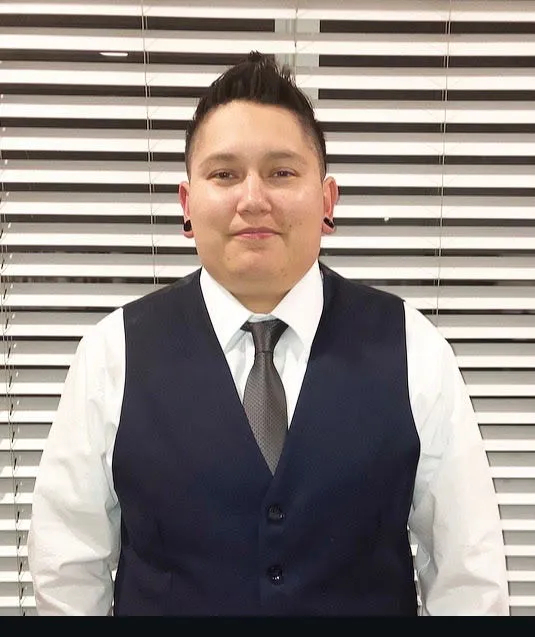
Reentry Cash Assistance
How Grant Funding Helped Vianca Stay In Training and Grow Her Career
Before her incarcerated, Vianca struggled with addiction and homelessness. When she released from jail in Lynwood County, California in 2024, she was finally sober and determined to rebuild her life. Although ready to find a job and create a new future, she knew she lacked the resources and support needed to succeed, until she was connected to Turning Point.
Read the story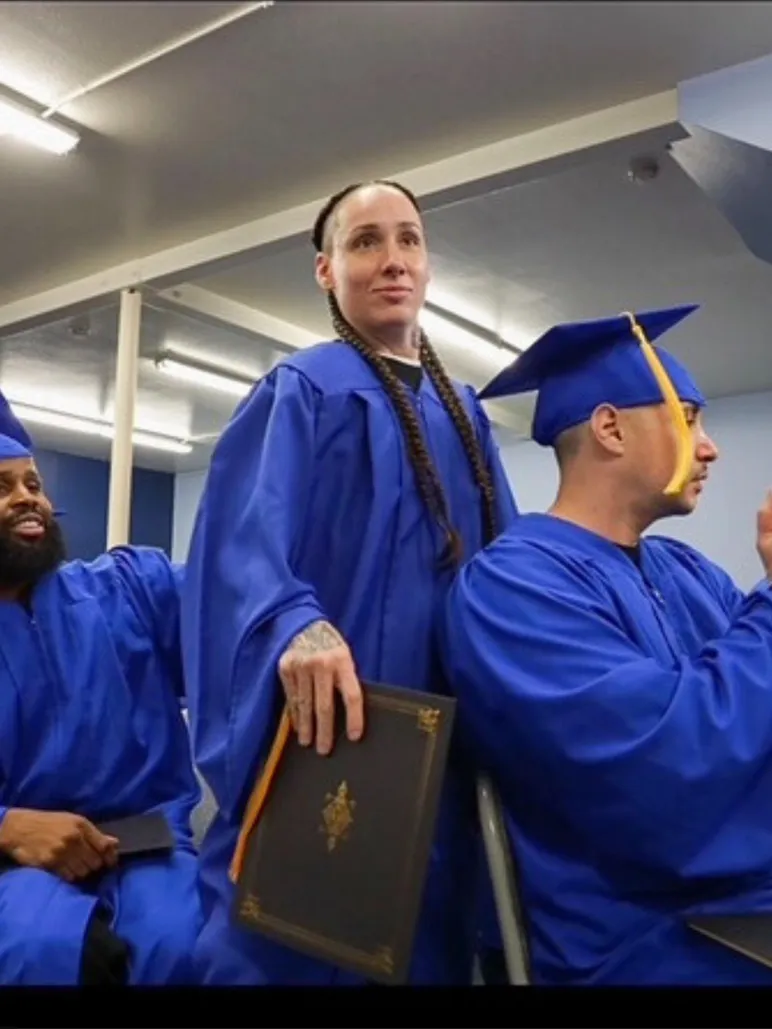
Reentry Cash Assistance
Reentry Starts With Stability: Angie’s Story of Support and Success
Growing up in northern California, Angie was always into music. When she was younger, she would record and perform her own material and dreamed of attending the Los Angeles Film School to study music production.
Read the story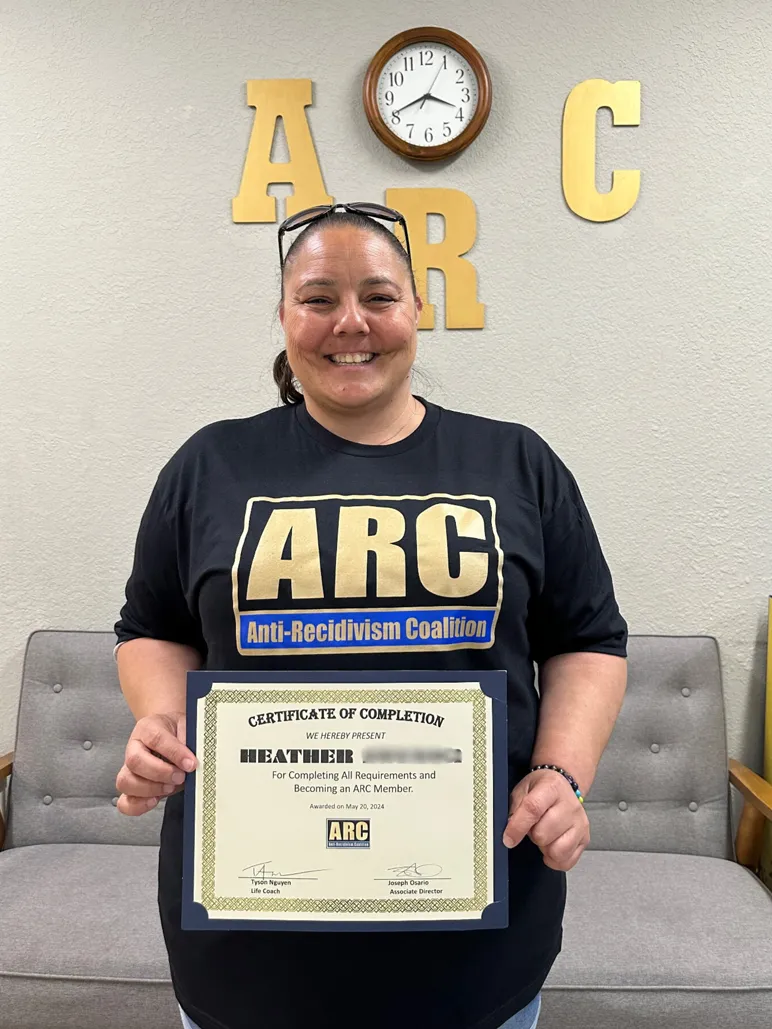
Reentry Cash Assistance
How a $1,500 Grant Helped Heather Get Back on the Road—and on a Mission
When Heather was released from incarceration, she was determined to use those strengths to build a better future for herself and others like her. Still, despite her determination, she faced significant barriers to stability and employment. That’s where the CA HIRE grant came in—an initiative from the California Workforce Development Board designed to support individuals navigating reentry. Through the grant, Heather received $1,500 in targeted financial assistance to help her get back on her feet. The grant provides training, resources, and critical needs-based payments through the Center for Employment Opportunities’ network of partner organizations. Its goal is to reduce recidivism and empower justice-impacted individuals with the tools for lasting success.
Read the story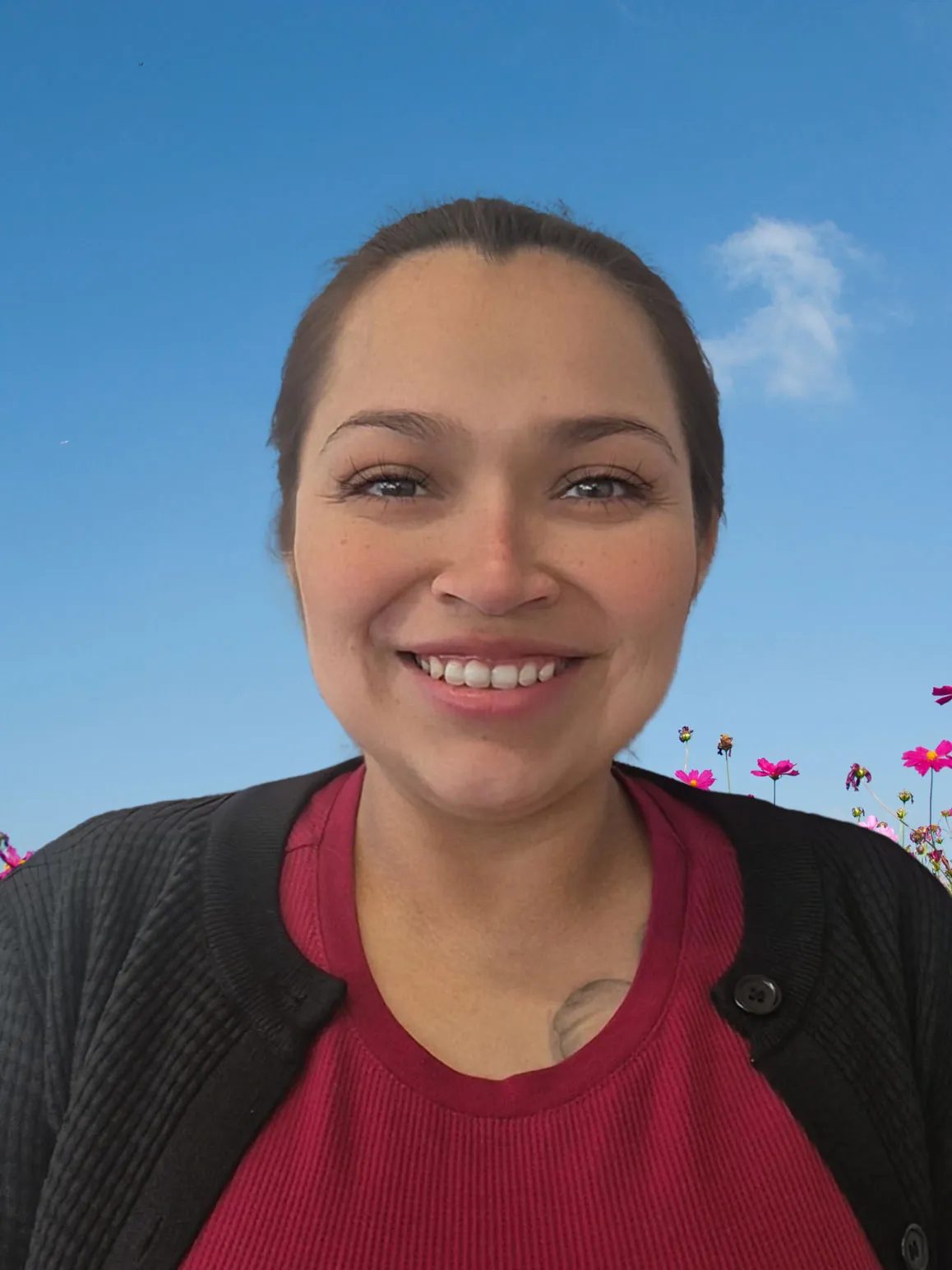
Reentry Cash Assistance
How One Mother Found Stability Through Work and the CA HIRE Program
Growing up in Los Angeles, Dina faced her teenage years chasing distractions rather than diplomas. Those early choices led her into the criminal justice system and eventually incarceration. But when she returned home, ready to rebuild her life, Dina quickly encountered the harsh financial realities of reentry. She knew change was possible, but also that it wasn’t free.
Read the story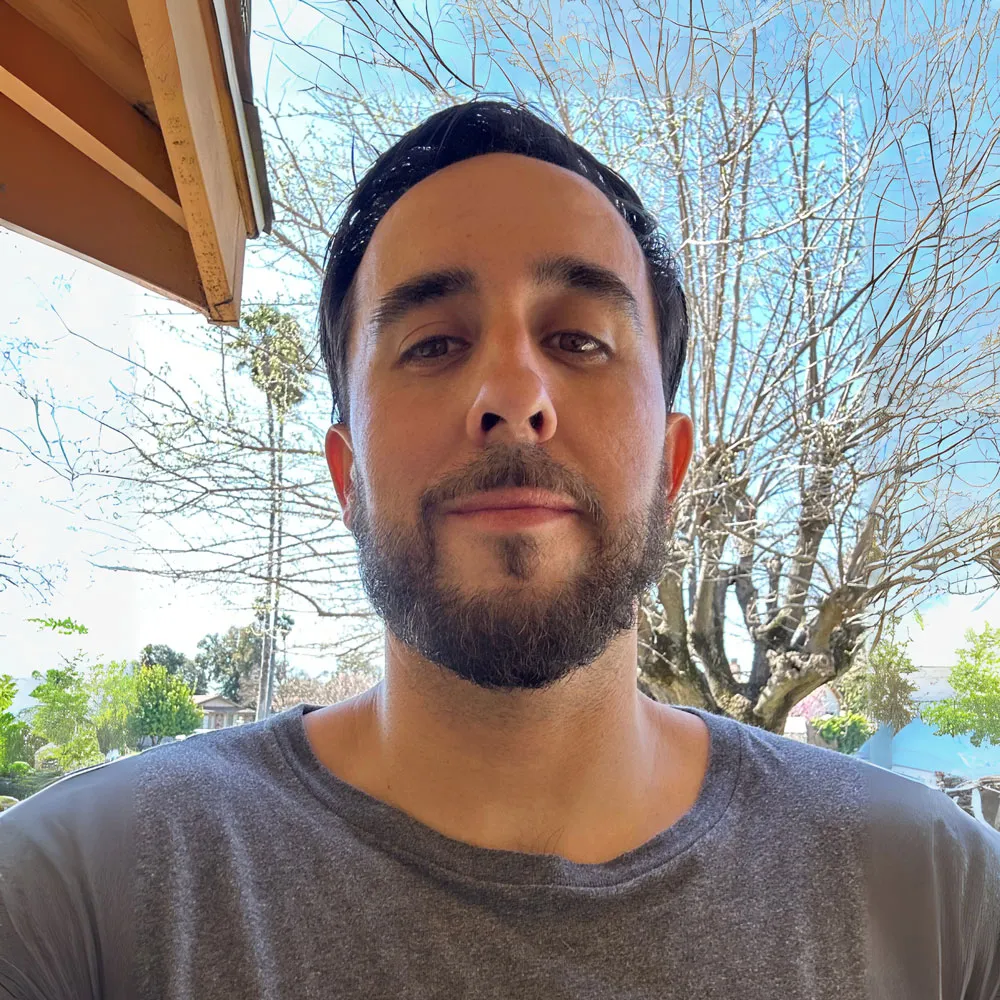
Reentry Cash Assistance
How Cash Assistance Helped John Train to Save Lives
John grew up in South Sacramento, California, and saw things that a young boy just shouldn’t see. “It became normal to see drug dealing, drug use, violent crimes, people getting messed up, people getting shot,” said John. “It’s what I thought life was like.” A child of divorce, John lived with his mother, who he says wasn’t as involved as she should have been.
Read the story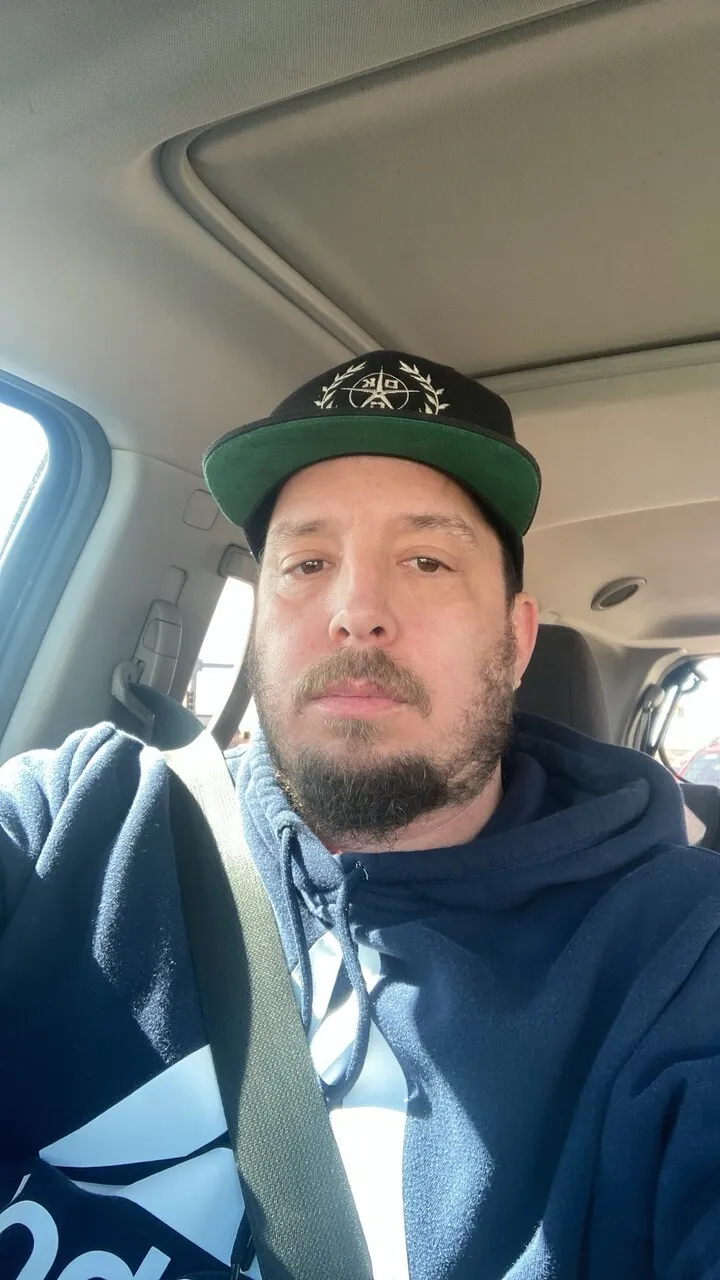
Reentry Cash Assistance
No One Can Start Over with $100—How Reentry Cash Helped Shayne Rebuild
When Shayne returned home from incarceration, he faced the same overwhelming reality that so many justice-impacted individuals do—starting over with nothing but $100 and the clothes on his back. In previous attempts at reentry, the financial strain became unbearable, leading him back to old habits as a way to cope. But this time was different. This time, he had support.
Read the story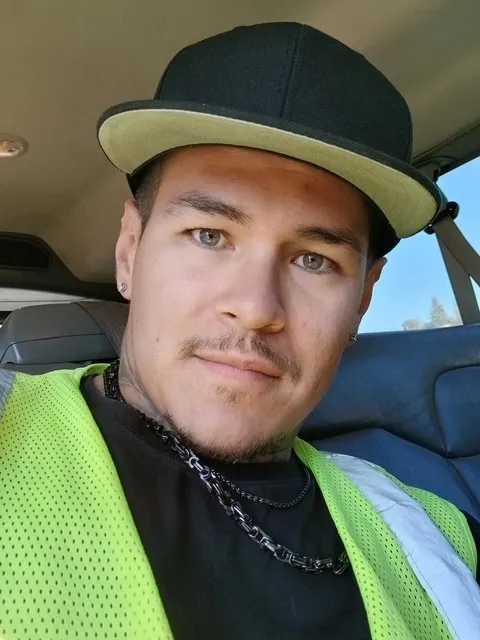
Reentry Cash Assistance
From Survival to Success: Isaac’s Journey After Incarceration
Growing up in Del Paso Heights, Sacramento, Isaac faced many challenges. With two parents who struggled with addiction and were often incarcerated, he was in and out of foster care and soon started getting into trouble in his early teens for fighting.
Read the story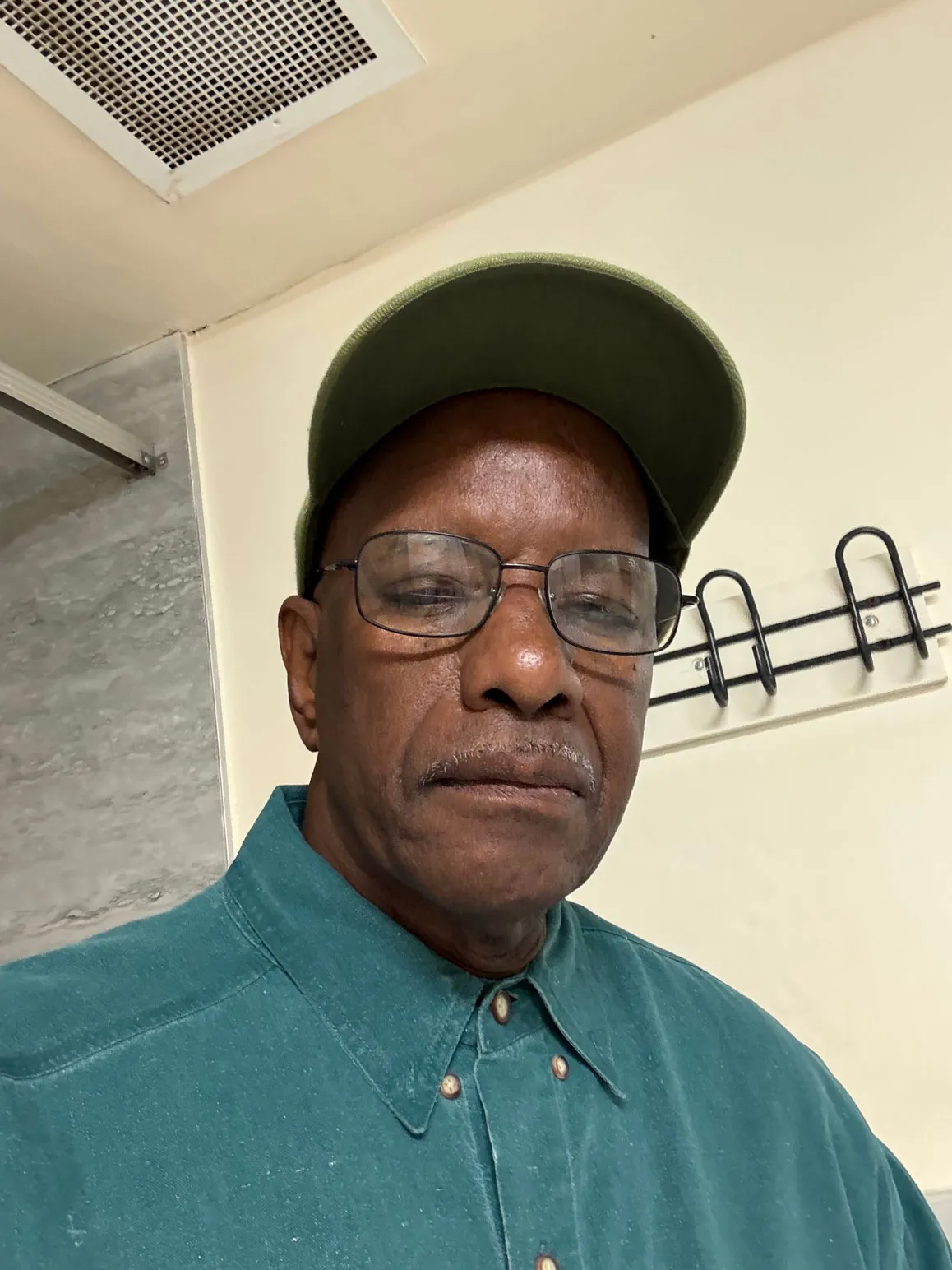
Reentry Cash Assistance
Investing in People, Not Prisons: How Financial Aid Changed William’s Future
William grew up in an underserved community in south central Los Angeles with limited opportunities. He was raised by his hardworking mother, who juggled multiple jobs to support him and his 10 siblings. Like many others raised in similar situations, when his mother passed away at just 42, William struggled to find his path. Without guidance or support, he turned to substances to cope, leading to choices that resulted in his incarceration.
Read the story
Reentry Cash Assistance
Starting With Nothing Is a Setup to Fail
Millions of Americans have entered a correctional facility only to leave months or years later with no money for food, clothes, or shelter. When Maria left Rikers Island seven years ago, she had nothing but the examples her grandma had given her growing up in gentrifying Brooklyn: be determined, put your family first, and survive anything.
Read the story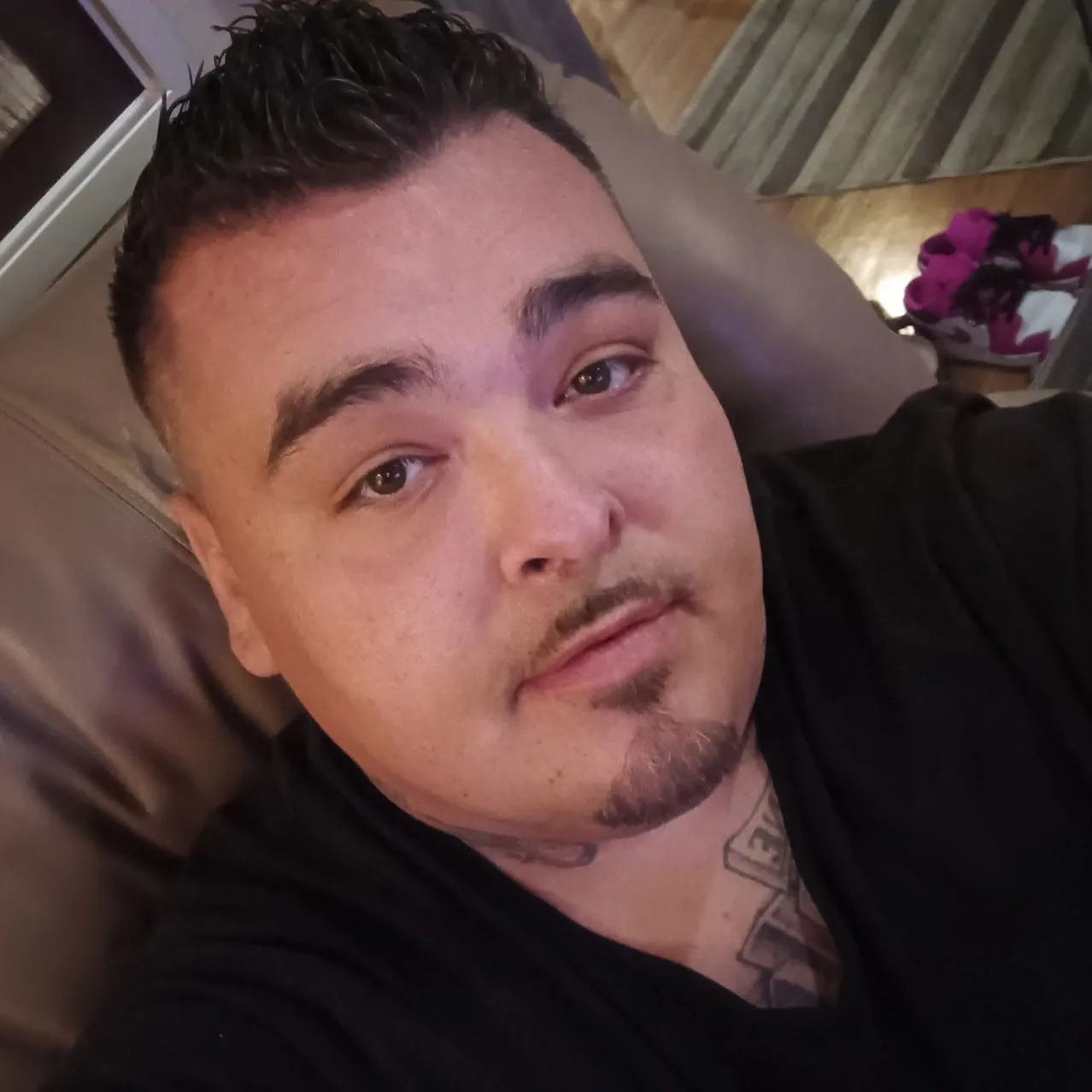
Reentry Cash Assistance
How Reentry Cash Assistance Kept George on the Path to Stability
Reentering society after incarceration comes with countless hurdles, from securing stable employment to affording basic necessities. For many, the first few months are the most critical—without financial support, the risk of recidivism increases dramatically. In Denver, George, a participant in the Center for Employment Opportunities (CEO) program, experienced these challenges firsthand.
Read the story
Reentry Cash Assistance
Perri's Journey Through Reentry Cash Support
In this Q&A story on the impact of reentry cash assistance, we spoke with Perri, who navigated the challenging path of getting back on your feet upon being released on parole. After living in a sober house for two years, Perri discovered the Center for Employment Opportunities (CEO) in Denver, which promptly placed them on a beautification transitional work crew and provided a job coach.
Read the story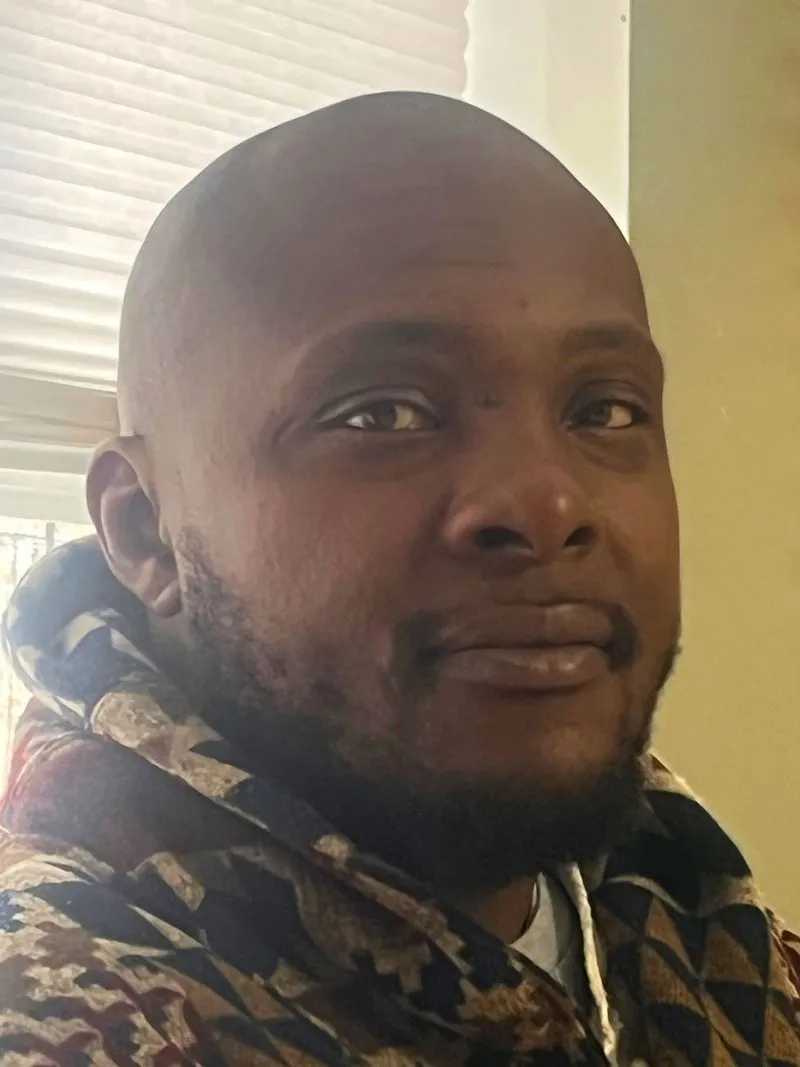
Reentry Cash Assistance
How Reentry Cash Changed Shamar’s Path
Shamar was raised by good women—from his great-grandma, the family matriarch, to his own mother—and he knows how important it is to respect and honor the women in his life.
Read the story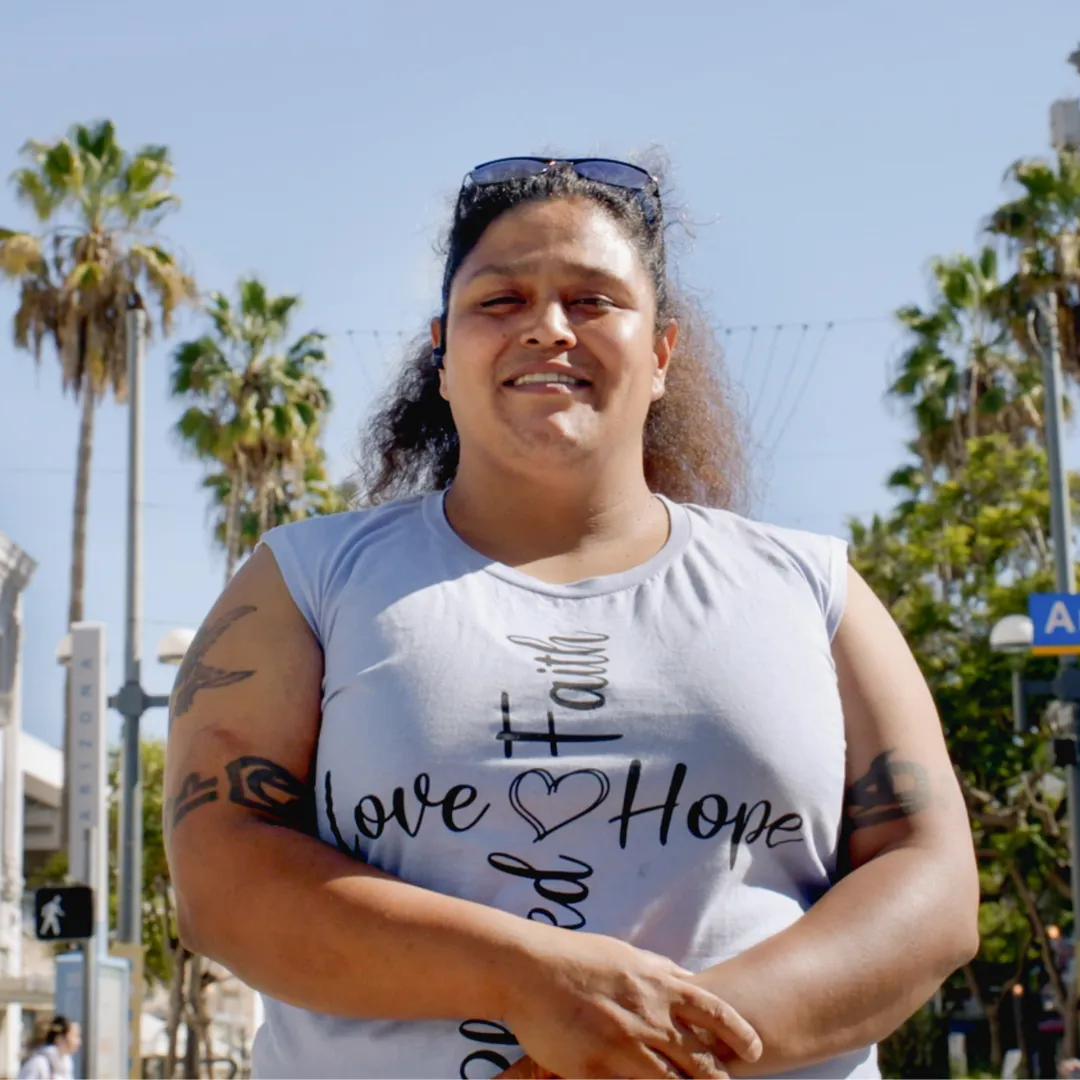
Reentry Cash Assistance
Reentry cash assistance gives Bella stability in changing world
When Bella grew up in Los Angeles, there were payphones everywhere. Then, returning to the city in 2018 after being incarcerated for twelve years, she said it was like she had “stepped into a different world.”
Read the story
Reentry Cash Assistance
“I Am Not My Past”: How Matrice Took Back Control of Her Life
Matrice, a Denver native, was raised with her brother by a single mother in Kansas City, Missouri. She recalls her mother struggling to raise them alone but says they always made the best of it. Despite being a straight-A, honor-roll student, and a girl scout, Matrice says her mother was very strict. She presumes it was to keep her out of trouble.
Read the story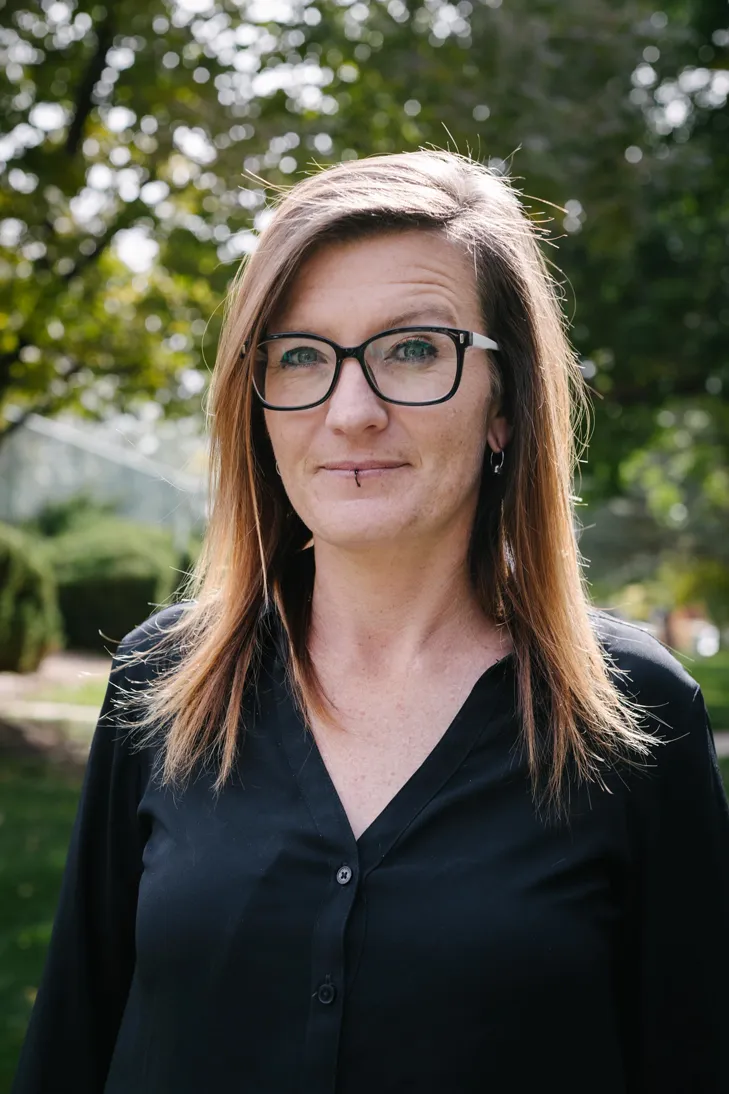
Reentry Cash Assistance
How reentry cash assistance gave Heather housing security during COVID
For Heather, a Colorado native, things were looking good in 2020 for the first time in awhile. She was released from incarceration in December of 2019 and the following February she began job training and transitional work with the Center for Employment Opportunities (CEO), a reentry employment provider. But she was having trouble securing a permanent position.
Read the story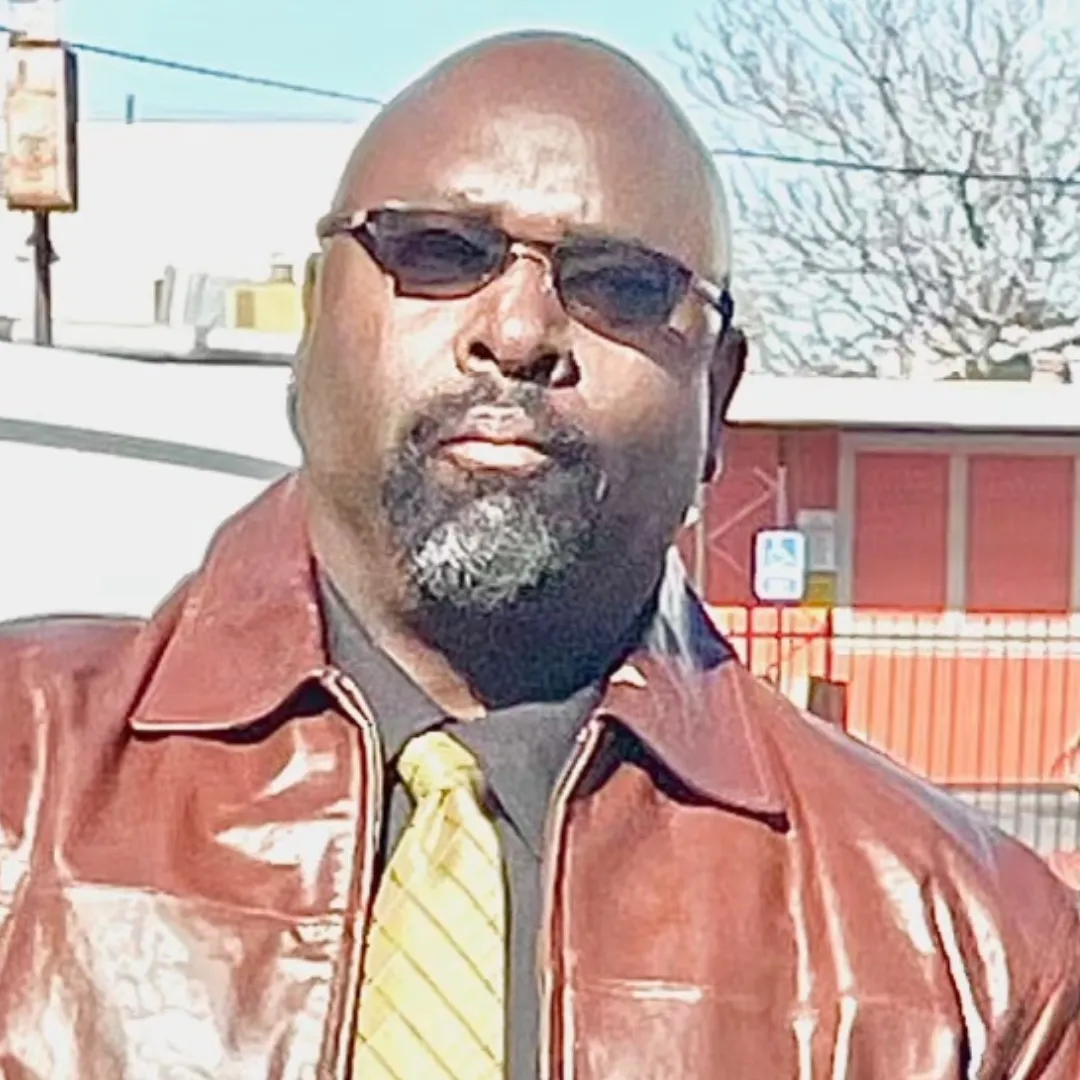
Reentry Cash Assistance
Reentry cash assistance meant much more than money for Billy
Billy has been enjoying spending time with his family, including his two boys, who are both in their twenties now, as well as learning to appreciate new outdoor activities, like camping, hiking, and visits to the beach. Things were much harder when he was released.
Read the story
Reentry Cash Assistance
Economic mobility after pandemic job loss, thanks to cash assistance
Losing a job during the pandemic could have been a catastrophe for Shaun. But thanks to the Center for Employment Opportunities (CEO) program and our Returning Citizens Stimulus (RCS) cash assistance, this setback didn’t stop him from achieving economic mobility.
Read the story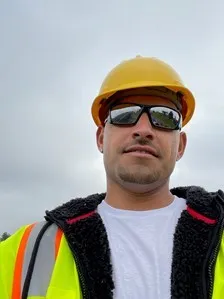
Reentry Cash Assistance
Jose’s RCS Story: Without the Returning Citizens Stimulus, “I would have come home to nothing”
“Growing up, I always wanted to be popular and fit in,” Jose says. “That’s basically how it all started.”
Read the story
Reentry Cash Assistance
Carmen’s RCS Story: How cash assistance provided much-needed reentry support, while reuniting a family
Carmen was 40 years old when she found herself caught in the grips of addiction. Carmen’s life began spiraling out of control, resulting in recurring trips to jail and drug clinics, followed by long stretches of probation. She felt her life was starting over again from scratch every time she returned from incarceration or rehab, with no resources or support system. Carmen’s children grew weary of the seemingly never-ending routine, and cut off contact with their mother.
Read the story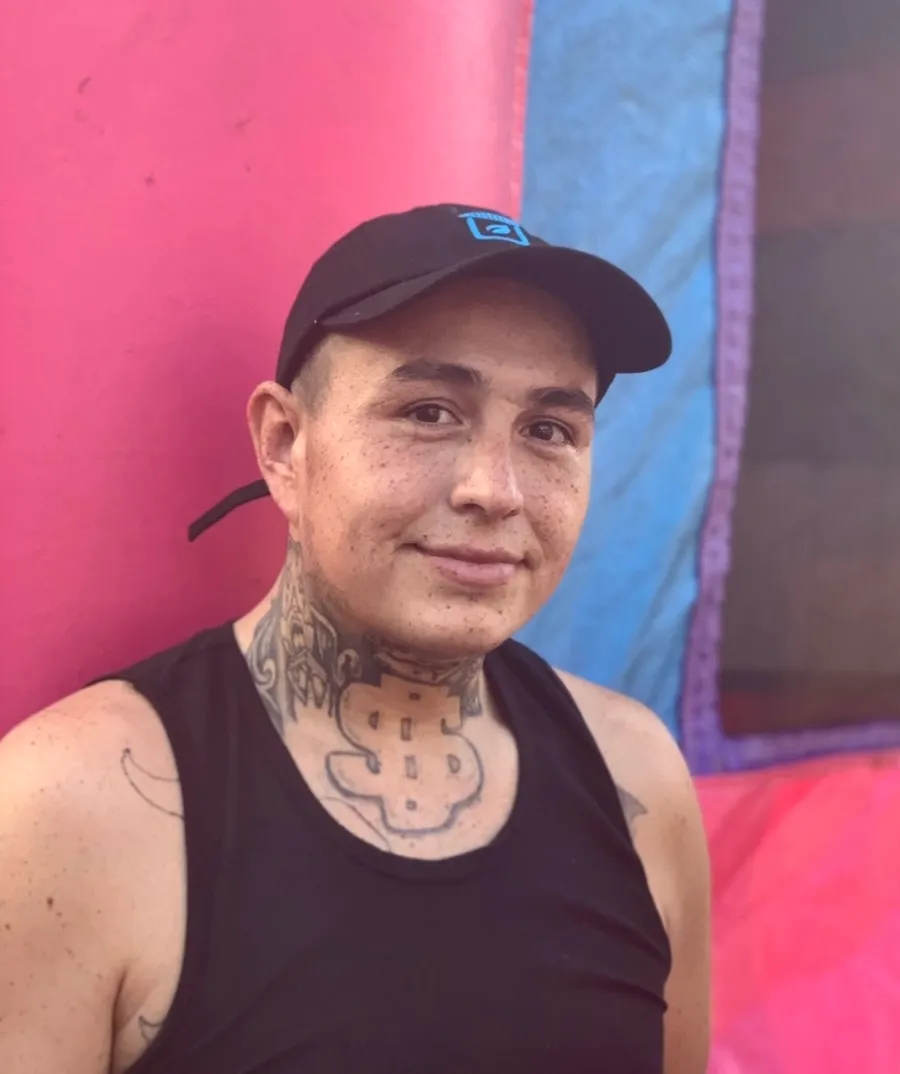
Reentry Cash Assistance
Aaron’s Story: From prison to business owner
Growing up surrounded by street gangs in Northern California’s East Bay, Aaron says that he always expected to end up in prison one day, and unfortunately, his fears eventually became a reality. However, after his incarceration, Aaron says that his mindset about life had changed.
Read the story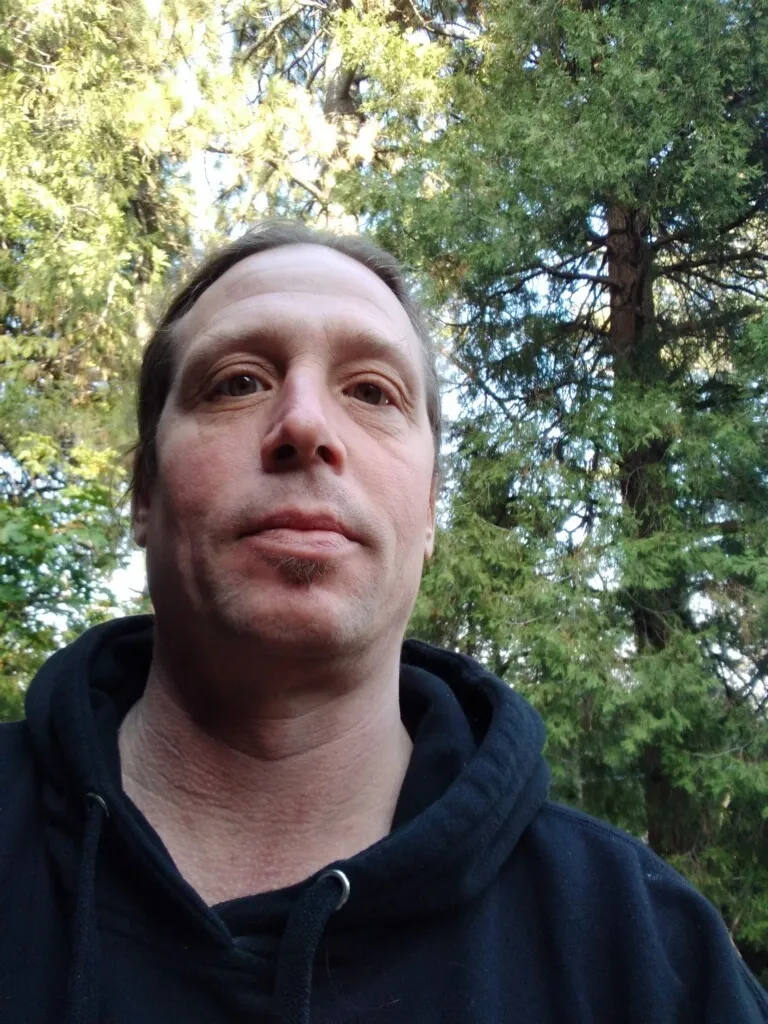
Reentry Cash Assistance
Scott's Story: How Cash Assistance During the Pandemic Led to a Full-Time Salaried Job With Benefits
Scott first heard about the Returning Citizen Stimulus (RCS) program while staying at a transition house near the San Bernardino Mountains in California. Since all of his family lived across the country, he didn’t have much support when returning from incarceration. A mortgage underwriter originally from Florida, Scott had been prepared for difficulties upon reentry, but the COVID-19 pandemic had made the adjustment considerably more challenging.
Read the story